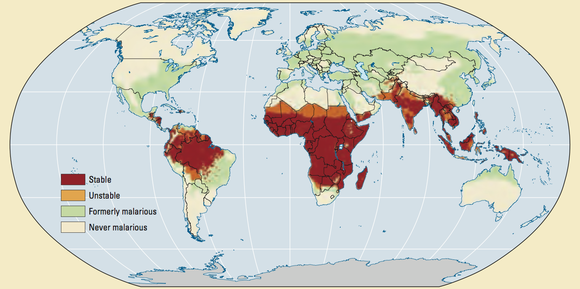- cross-posted to:
- [email protected]
- cross-posted to:
- [email protected]
I love the idea and goals, but just reading the headline, I immediately leaped to one thought. Reading the article, they eventually addressed it.
In week two, we were somewhat surprised to find aquatic life – water fleas and mosquito larvae darting about under the surface.
If we don’t go to great lengths every season limit every opportunity for mosquitoes to breed, our backyard is miserably unusable for half of the year.
It’s a cost but if you wanted to have a pond without making things worse for yourself these may help https://www.lowes.com/pd/Mosquito-Dunks-6-Count-Natural-Mosquito-Killer-6-Pack/3047384
It releases a bacteria toxic to early stage mosquito larve but doesn’t effect larger life.
I use mosquito dunks in water for our house plants to prevent fungus gnats. The bacteria also kills the gnat larvae
I have been using those for a small swamp next to my house for a while. Worked well for me
My amateur-ecologist thoughts:
I had the same reaction reading this; all my life I’ve been told to remove all standing water no matter what. It’s really unfortunate that we drain swamps, remove pools and puddles, and populate ponds with introduced fish species just to reduce mosquito numbers, because we’re destroying critical habitat and watering holes for so many species in the process. Unlike most wanton environmental destruction it’s at least for a good reason (from a anthropocentric point of view anyway), but it would be better to try and reduce mosquito populations in less invasive ways.
I posted in another thread for this article that (in my experience) salamander larvae will annihilate any and all mosquito populations before they can get established. They’re voracious little critters, to the point of frequently turning to cannibalism, because they’re racing the clock to grow and metamorphosize before their pool dries up in summer or freezes in autumn (depending on climate). Mosquito larvae are sitting ducks to salamander larvae, and given a healthy salamander population are unlikely to make it to adulthood before getting devoured.
In many areas salamander populations (as well as other amphibians) are struggling because the fish introduced to their breeding ponds (for recreational fishing, mosquito control, or just aesthetics) will often eat their larval forms. It seems like a potential win-win to use salamander population support as a means of mosquito suppression.
Ya for sure mosquito larva, however mosquitos and their larva are delicious snacks for bats and dragonflies. It’s all part of the big picture, I guess. I’ve been thinking about doing a little pond like this. We have a bat box but no bats yet. Of course I don’t want mosquitos but I have seen dragonflies and bats at night so I think nature would balance. We’ll see! I would just be so happy to see a little frog. Little wet man. Wet little boy with a big happy mouth.
Yeah, getting rid of malaria in large parts of the world was one of the great successes of the 1900’s, and a large reason for that was the drainage of wetlands. Part of the reason I personally cannot at all sympathize with folks who want to restore the wetlands. Particularly with the world heating up, it’s likely to result in a surge of mosquito-borne disease.

I’m not convinced reducing a human disease is worth the destruction of those environments. It’s not all about us and that warming you mentioned is a direct result of us acting like it is.
There are also other ways to deal with mosquito populations that don’t involve destroying the habits of other animals.
I fundamentally disagree. Our mastery over nature is what allows us to even care about such esoteric things. As a humanist, I consider climate change a problem because it poses a threat to humans, much like mosquitoes do.
If we really had mastery over nature, we wouldn’t have a lot of the problems that we do. And the potential threat to us is my whole point; upsetting certain balances could be very bad for us. I don’t think we understand enough about life to be able to say what the effects of eliminating entire ecosystems are, let alone whether they are worth it.




